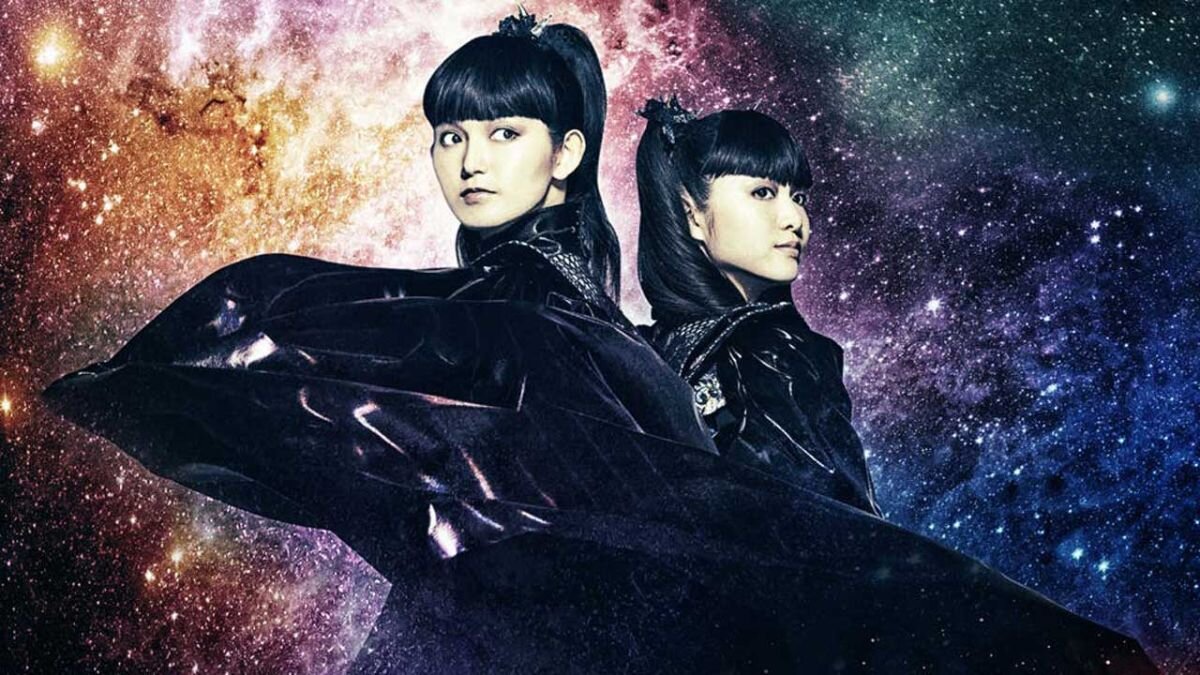If you haven’t heard the name of this Japanese band by now, you have three albums to catch up on, the last one (Metal Galaxy) released less than a year ago. Formed in 2010 by three young women, Babymetal connects the worlds of Japanese pop (J-pop) and heavy metal, of ‘cuteness’ and aggression, of idol culture and its subversion; all within a genre they call kawaii metal [1]. Besides presenting a strikingly new, hybrid sound, the trio – currently duo- and the mixed reception of their work provide a potent ground of theorizing the negotiations of authenticity and diversity among metal fans today. With a few exceptions [1], however, it appears that the Western academia has not yet caught onto the case, despite the group’s global appeal confirmed by their World Tours and 2019 top position on Billboard’s Top Rock charts (as the first Asian group in history) [2]. While metal fanbases question whether Babymetal can be qualified as metal at all and whether it is “authentic”, we can in turn ask: what do such questions reveal about the “rockist ideology” [3] in its diversifying transition of the modern age?
Read more